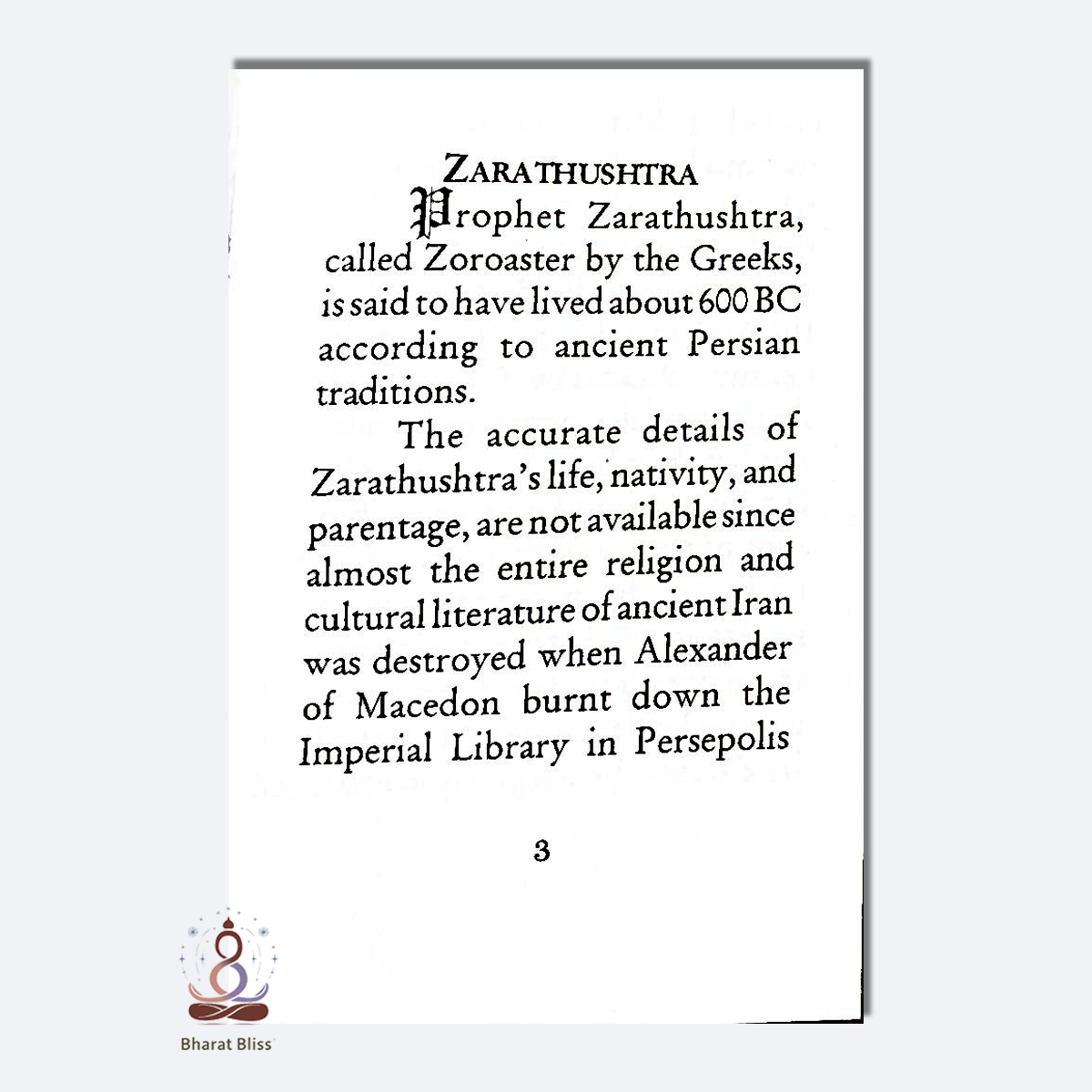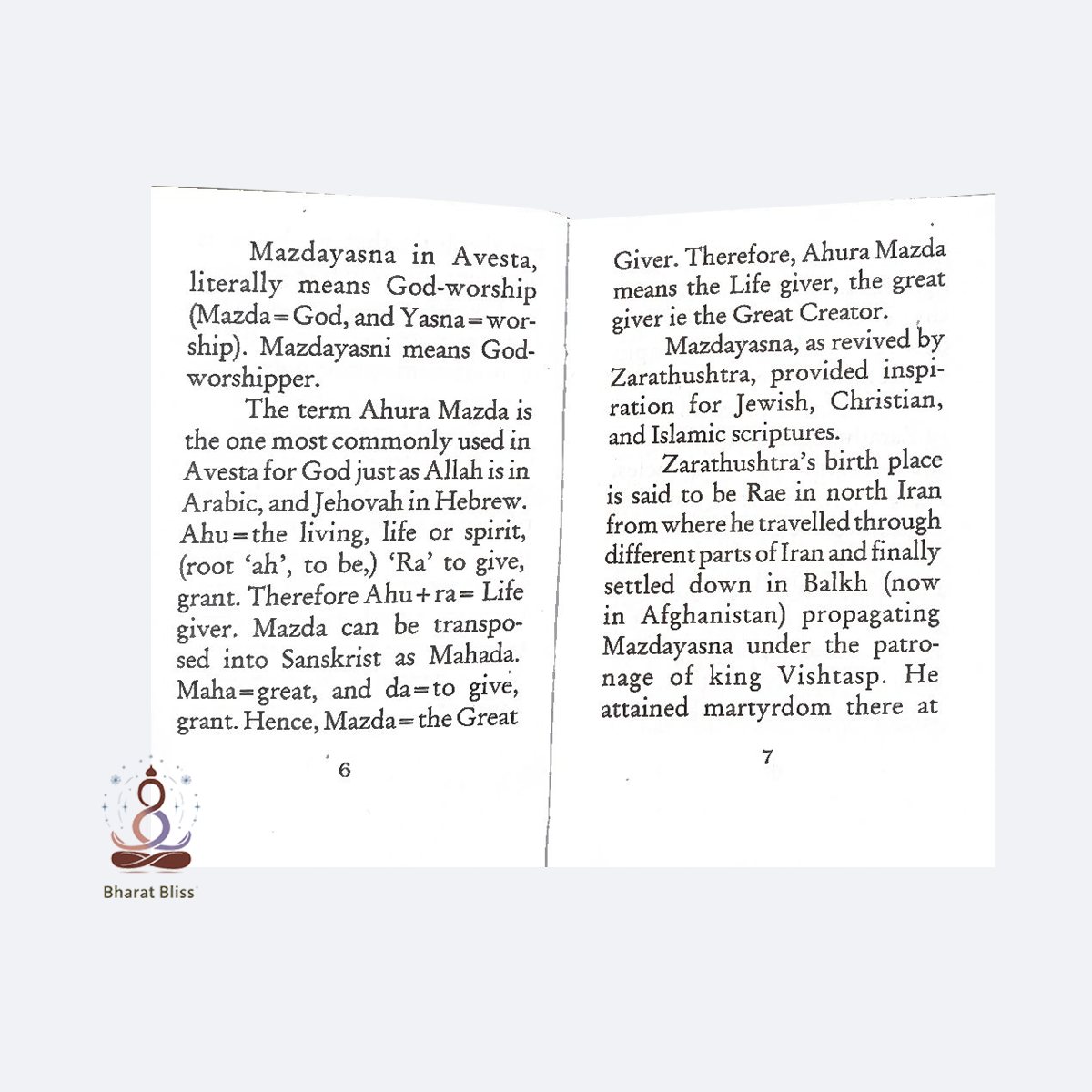Description
“Thus Spoke Zarathustra” – A Brief Description
“Thus Spoke Zarathustra“ (German: Also sprach Zarathustra) is a philosophical novel by Friedrich Nietzsche, written between 1883 and 1885. It is one of Nietzsche’s most famous works and presents deep reflections on morality, religion, existence, and human potential.
Overview of the Book
The book is written in a poetic and allegorical style, following the journey of Zarathustra, a fictional prophet who descends from the mountains after years of solitude to share his wisdom with humanity. His teachings challenge conventional moral and religious beliefs and propose a new way of thinking about life.
Key Ideas in the Book:
-
“God is dead” – Nietzsche’s famous declaration symbolizes the decline of traditional religious and moral values in modern society.
-
The Übermensch (Superman/Overman) – Nietzsche envisions a higher type of human being who surpasses conventional morality and creates his own values.
-
The Will to Power – A central idea in Nietzsche’s philosophy, suggesting that the fundamental drive of life is not survival or happiness, but the pursuit of power and self-overcoming.
-
Reevaluation of Morality – Nietzsche criticizes traditional morality (especially Christian ethics) as life-denying and promotes a new morality based on strength, creativity, and self-assertion.
Style and Influence
The book is written in a unique, poetic style, resembling religious scriptures, but instead of reinforcing faith, it challenges it. It has profoundly influenced existentialism, postmodernism, and atheistic philosophy.
“Thus Spoke Zarathustra” remains a highly influential work, encouraging readers to question societal norms and explore their own potential. Would you like to discuss any specific part of it? 😊
Only logged in customers who have purchased this product may leave a review.














Reviews
There are no reviews yet.